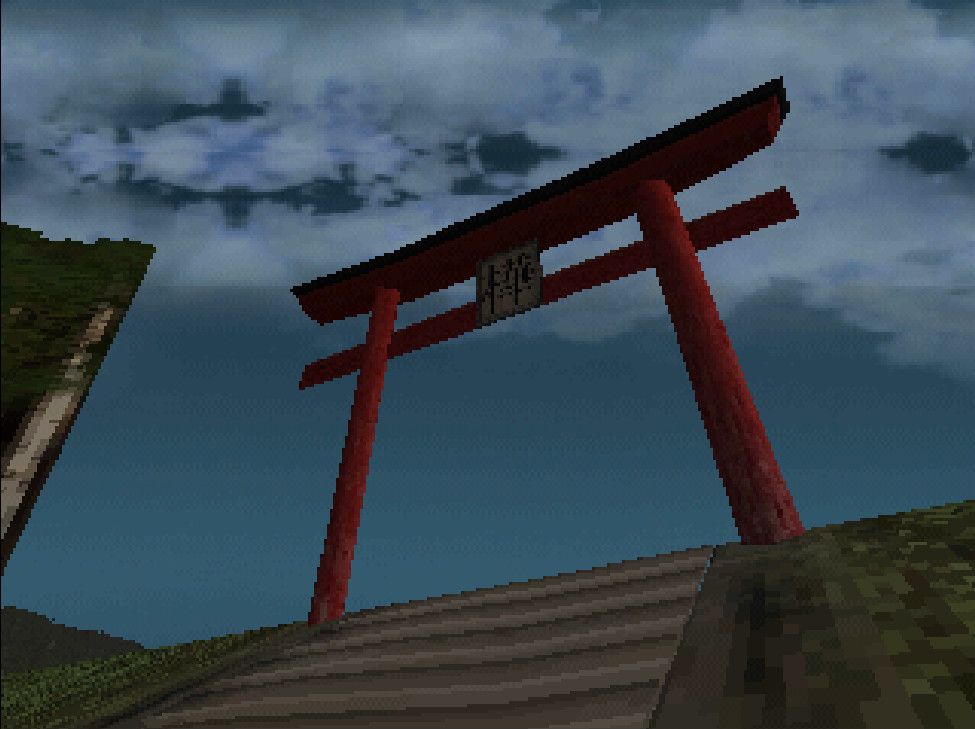Fatum Betula and Games as Atmosphere
The surrealism of the unknown

I am consistently impressed by untethered video game developers. The playground of the indie realm is wholly different from AAA game development — developers, designers, creators, artists and musicians who don’t owe themselves to deadline, capital, producers or sales often produce unparalleled experiences. When it comes to these small-time games, their point rarely feels like the gamification loop of murder-loot-level. Games like Fatum Betula honestly don’t feel like they have a purpose at all, which is why I adore them.

Developing Dreams
Bryce Bucher is the (very) young developer of Fatum Betula, an atmospheric and eerie horror romp where a nameless and bodiless player explores a small but ultimately charming world. To say that the world of this game is small perhaps undersells it — it is infinitesimal by modern gaming standards. The entire game takes place in a handful of rooms that are modeled to emulate different biomes: a green valley, a limitless ocean, a lake, a forest of eternal autumn. In each of these areas exist few interactive characters and moments, and Fatum Betula is meant to be explored in repeat as one single playthrough lasts only minutes and there are over nine possible endings.
Similar in style to Paratopic, Sagebrush and Anodyne 2, Fatum Betula attempts to lure in nostalgic players with its low-poly PlayStation-era graphics. These sort of graphics do more than elucidate a nostalgic feeling for the players who experienced this era; low-poly graphics churn the imagination, forcing the player to do more than absorb the immediacy of high-tier, ultra-pretty aesthetic. The aesthetic itself is an enormous factor of Fatum Betula, a world of death, decay, and misery. Each of the approached endings are (for the most part) simple, but have something to say about our world and the greater affects of humanity and industry.
The gameplay loop of Fatum Betula is simple but addictive in how it encourages exploration: the player begins in a decrepit stone building and tasked by a grotesque spirit with feeding a plant. There are warnings and directions attached to this feeding but for the most part the player is left alone to their task, given three glass vials in order to store whatever substances they find. The substances themselves elicit curious reaction, chief among them being oil, plant food, liquid bone and blood. How these substances are gathered is also up to the player, as Fatum Betula’s tiny world is home to only a few sentient beings, and each of those beings can be both a help or a hindrance.

The God and the Birch Tree
This is a rad game. It’s small, but it’s a love letter to atmosphere. It has something to say. My first few cycles through its world gained me a couple of easy endings, but some of the endings require thoughtful examination of the few tools and environments that the game presents. These endings are thought-provoking, strange, and beautiful, and comprise so wonderfully what I love about these sorts of unfettered indie games. It exists in a world without description, without reason, its characters dreamlike without dream, its themes unsettling and raw. Upon the endless recurrences of feeding the birch tree, players will find themselves drawn to the possibility that there might be just one more ending, and that the next one might be more surreal and unhinged than the last.
As the game glitches through increasingly low-texture surrealism, its endings range from prophetic conversations about death to poetic waxing about nature to fourth-wall-breaking meta-god exposition. The emotive displays exude a harrowing nothingness, its moments carved out of tingling spines and that inky feeling in the half-awake dead of night. This is a game about sweet silences, unheard histories, and mouthless observers.
It is a game about you.
Fatum Betula is available on PC and Nintendo Switch. It’s inexpensive; go buy it.
